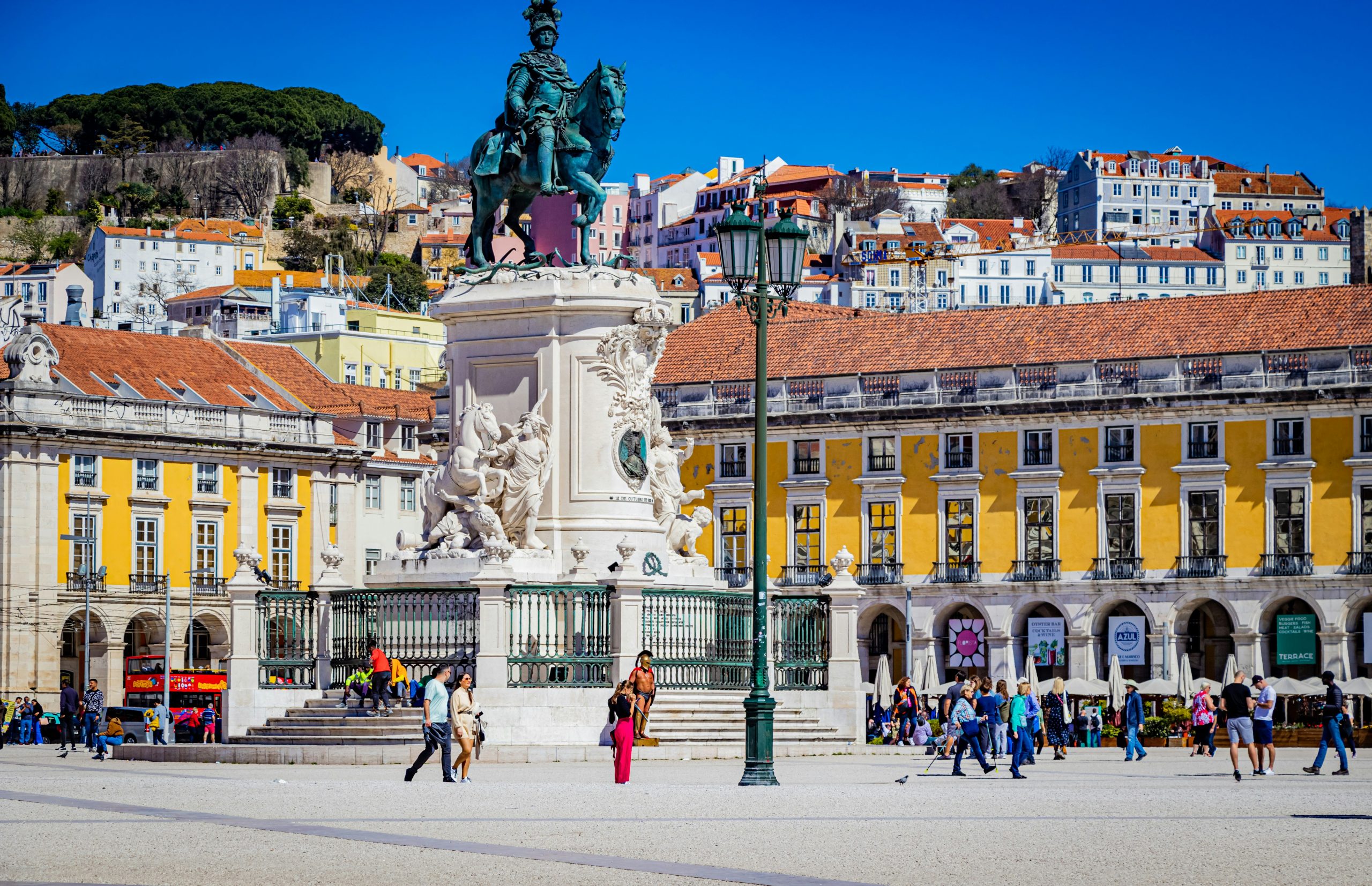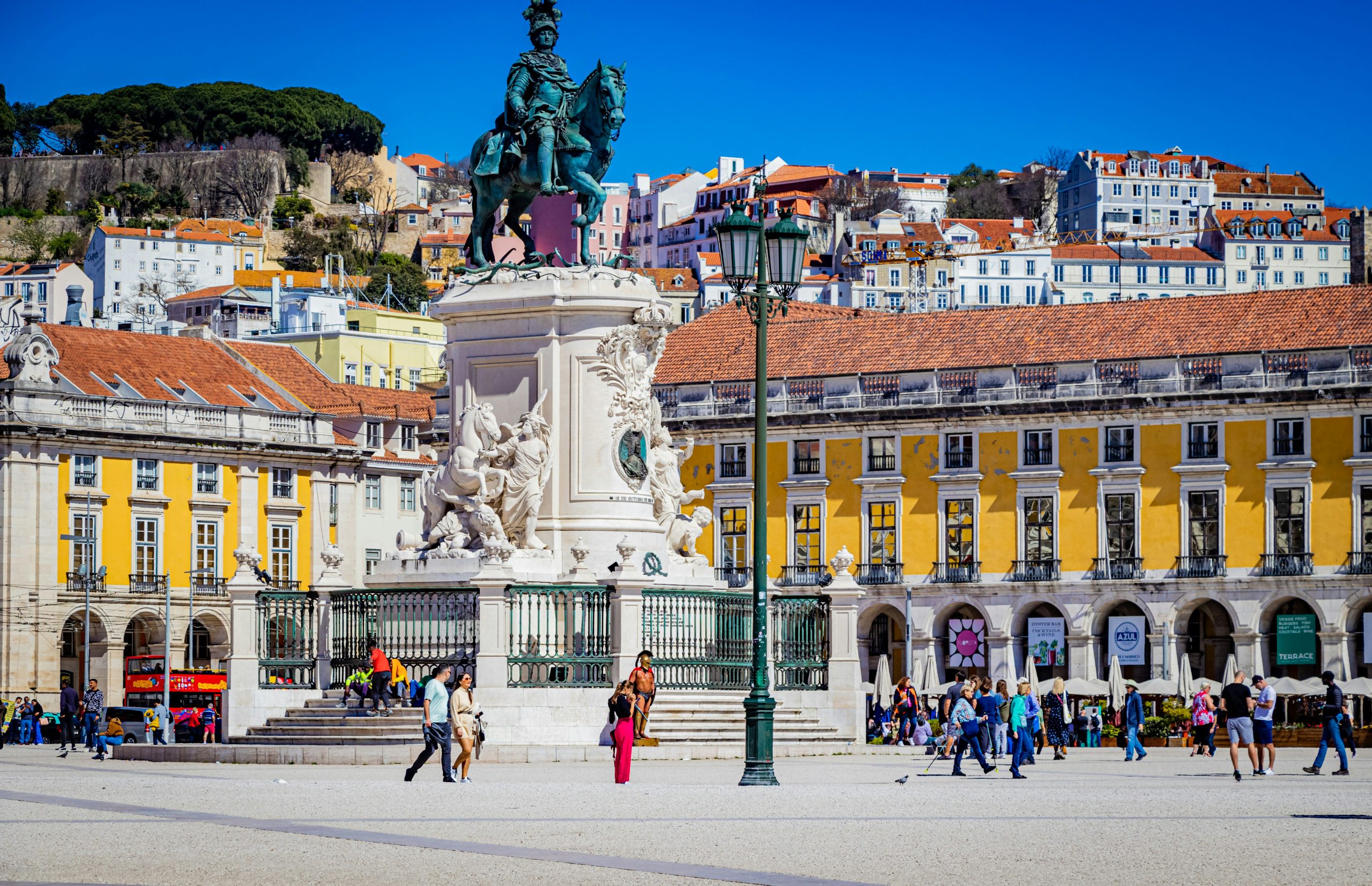Investment minimums and processing times get most of the attention in Portugal vs Italy comparisons. But the real difference lies deeper.
Portugal and Italy represent two fundamentally different philosophies. Portugal says “give us your money, we’ll manage it professionally, you get residency.” Italy says “invest directly in our economy, pick your own opportunities, prove you’re contributing.”
This structural difference determines everything else about these programs.
Portugal vs Italy Golden Visa: Quick Comparison Overview
| Factor | Portugal Golden Visa | Italy Golden Visa |
| Investment Structure | Regulated fund participation | Direct business investment |
| Minimum Investment | €500,000 (funds) | €250,000-€2M (varies by category) |
| Investment Options | Funds, arts/culture, science/research, job creation | Startups, established companies, bonds, donations |
| Oversight Model | CMVM regulation, custodian banks | Ministry approval, ongoing compliance |
| Annual Residency | 7 days first year, 14 days per 2-year period | None for renewal; 270 days/year for PR/citizenship |
| Processing Time | 6-8 months | 3-6 months |
| Management Level | Passive (professional fund management) | Active (direct investment oversight) |
| Target Returns | Varies by fund selection | Varies by investment selection |
| Permanent Residency | 5 years (low presence needed) | 5 years (270 days/year required) |
| Citizenship Timeline | 5 years | 10 years |
The Fund Participation vs Direct Investment Question
Portugal’s approach is straightforward. You buy units in CMVM-regulated funds. Professional managers handle investment decisions. You receive quarterly reports and attend annual meetings, but you’re not running anything.
This appeals to busy executives and family offices who want European residency without becoming European business operators. The fund structure provides institutional oversight through custodian banks like Bison Bank. If fund performance disappoints, institutional mechanisms exist for addressing management issues.
Italy expects something different. You evaluate specific opportunities and take direct positions. Considering a €250,000 startup investment? You need to understand the business model, management team, and market opportunity. Looking at established companies? Comprehensive due diligence becomes your responsibility.
The philosophical difference runs deeper than mechanics. Portugal aggregates risk across professional management and diversified portfolios. Italy places performance responsibility directly on your investment selection quality.
What This Means for Implementation
Portugal simplifies the process through standardization. Fund documentation follows institutional patterns. Tax implications are predictable across asset classes. Compliance happens at the fund level.
Italy gets complicated quickly. Each investment category involves different legal structures. Startup equity requires different documentation than government bond purchases. Business investments need different custodial arrangements than philanthropic donations.
Most advisors discover Italy’s complexity during implementation rather than initial evaluation. Resources like ItalianGoldenVisa.com become essential for understanding the regulatory framework and investment category requirements that distinguish Italy’s approach from Portugal’s fund-based model. The platform provides detailed guidance on navigating Italy’s unique emphasis on innovative startups and established businesses rather than passive fund investments.
Risk and Oversight Realities
Portugal’s institutional framework addresses governance concerns that keep family offices awake at night. Multiple oversight layers, transparent reporting, and regulated fund managers create accountability that individual investments struggle to match.
Italy relies on upfront due diligence and your ongoing attention. Government bonds provide security with modest returns around 2-3% annually. Startup investments offer potential upside but require active monitoring. Established company positions fall somewhere between, depending on business quality and your involvement level.
For clients who’ve been burned by opaque alternative investments, Portugal’s regulated structure provides comfort. For clients who prefer direct control and have investment evaluation capabilities, Italy’s approach offers more flexibility.
The Residence Requirement Reality
Portugal requires seven days in the first year, then fourteen days per two-year period. That’s manageable for globally mobile families. The bigger consideration is maintaining fund participation and staying informed about investment performance.
Italy offers complete flexibility for visa renewal, which sounds appealing until you realize permanent residency requires approximately 270 days annually for five years. Citizenship after ten years demands similar continuous residence. That’s a significant lifestyle commitment many clients underestimate during initial planning.
This creates different planning scenarios. Portugal accommodates clients who want EU access without European relocation pressure throughout the entire pathway to citizenship. Italy suits clients planning eventual Italian residence or those comfortable with flexibility initially and substantial commitment later.
Performance Expectations and Market Realities
Portugal’s fund structures target institutional returns through professional management across diverse asset classes including renewable energy, healthcare, and technology sectors. The funds provide exposure to Portugal’s growing economy while meeting residency requirements.
But fund performance depends on manager selection and market conditions. Professional management reduces individual responsibility but doesn’t eliminate market risk.
Italy’s performance varies dramatically by selection quality. Successful startup positions can generate exceptional returns. Poor selections can result in total loss. Government bonds provide predictability with modest income. Established company investments depend entirely on business performance and your evaluation skills.
Geographic and Cultural Considerations
Portugal offers established international communities, particularly around Lisbon and Porto. English-speaking services are readily available. The Atlantic location provides access to European markets while maintaining connections to Africa and the Americas.
Italy provides unmatched cultural richness and central European positioning. However, navigating Italian bureaucracy requires patience and local expertise. The country appeals to clients seeking lifestyle enhancement alongside residency benefits.
Decision Framework for Real Situations
Portugal makes sense when clients:
- Want passive investment management with institutional oversight
- Prefer predictable compliance and minimal residence requirements throughout citizenship pathway
- Seek diversified European exposure without operational involvement
- Value established expat infrastructure and English-speaking services
- Have been disappointed by alternative investment governance previously
Italy works better when clients:
- Want direct control over investment selections
- Have specific European business interests or expertise
- Plan eventual Italian residence and comfortable with substantial commitment
- Prefer active engagement over passive fund participation
- Can evaluate investment opportunities independently or have qualified advisors
For advisors working with clients considering Italy’s investor visa, thorough preparation becomes crucial given the program’s emphasis on active business investment. Educational resources that explain Italy’s unique approach to startup and established company investments help ensure proper planning and realistic expectations about the due diligence required.
The Practical Implementation Timeline
Portugal’s fund approach provides consistent availability. Market conditions affect performance but not program accessibility. Application processes follow predictable institutional patterns.
Italy’s opportunity quality fluctuates with economic cycles. Startup availability depends on innovation activity. Established company opportunities vary with market conditions and business sale activity.
Italy’s faster processing timeline of 3-6 months can be appealing, but this assumes proper preparation of documentation and investment selection. Platforms like ItalianGoldenVisa.com provide valuable guidance on preparing applications and understanding the specific requirements for each investment category, which can significantly impact processing efficiency.
Both programs face evolving EU discussions around residency-by-investment frameworks. However, their different approaches position them differently under potential regulatory changes.
Making the Choice
The Portugal vs Italy golden visa decision comes down to investment philosophy rather than cost optimization. Portugal offers institutional fund participation with passive management. Italy requires direct investment evaluation with active oversight.
Most family offices and wealth advisors find Portugal’s approach addresses governance concerns while providing diversified European exposure. Italy appeals to clients with specific business interests or those seeking active investment management combined with European residence planning.
For clients seriously considering Italy’s program, understanding the nuances of each investment category becomes essential. Unlike Portugal’s standardized fund approach, Italy’s business-focused requirements demand careful evaluation of startup opportunities, established company investments, or government bond allocations. Comprehensive guidance on these distinctions helps ensure alignment between client objectives and program requirements.
The fundamental question isn’t which program offers better terms. It’s whether clients prefer institutional fund management or direct investment responsibility. Everything else flows from that structural choice.
Get in touch to discover how jurisdictional diversification fits within your broader wealth strategy.





